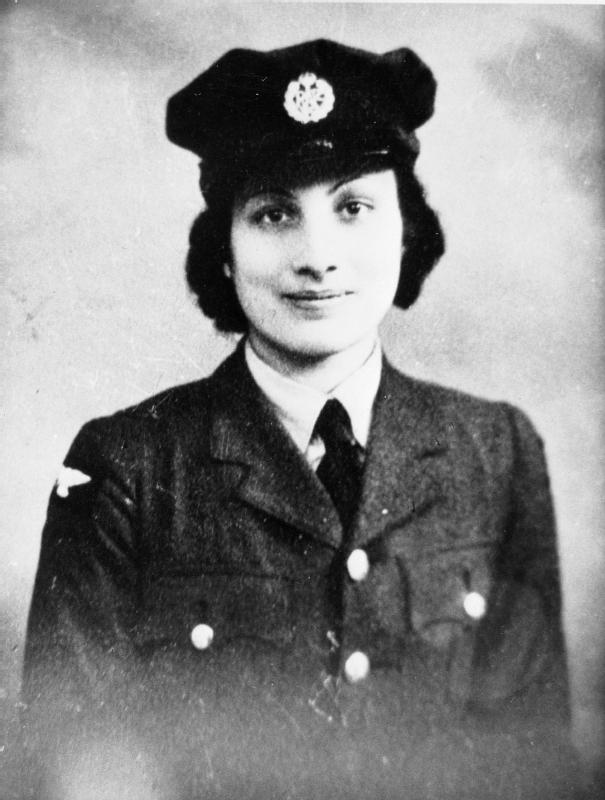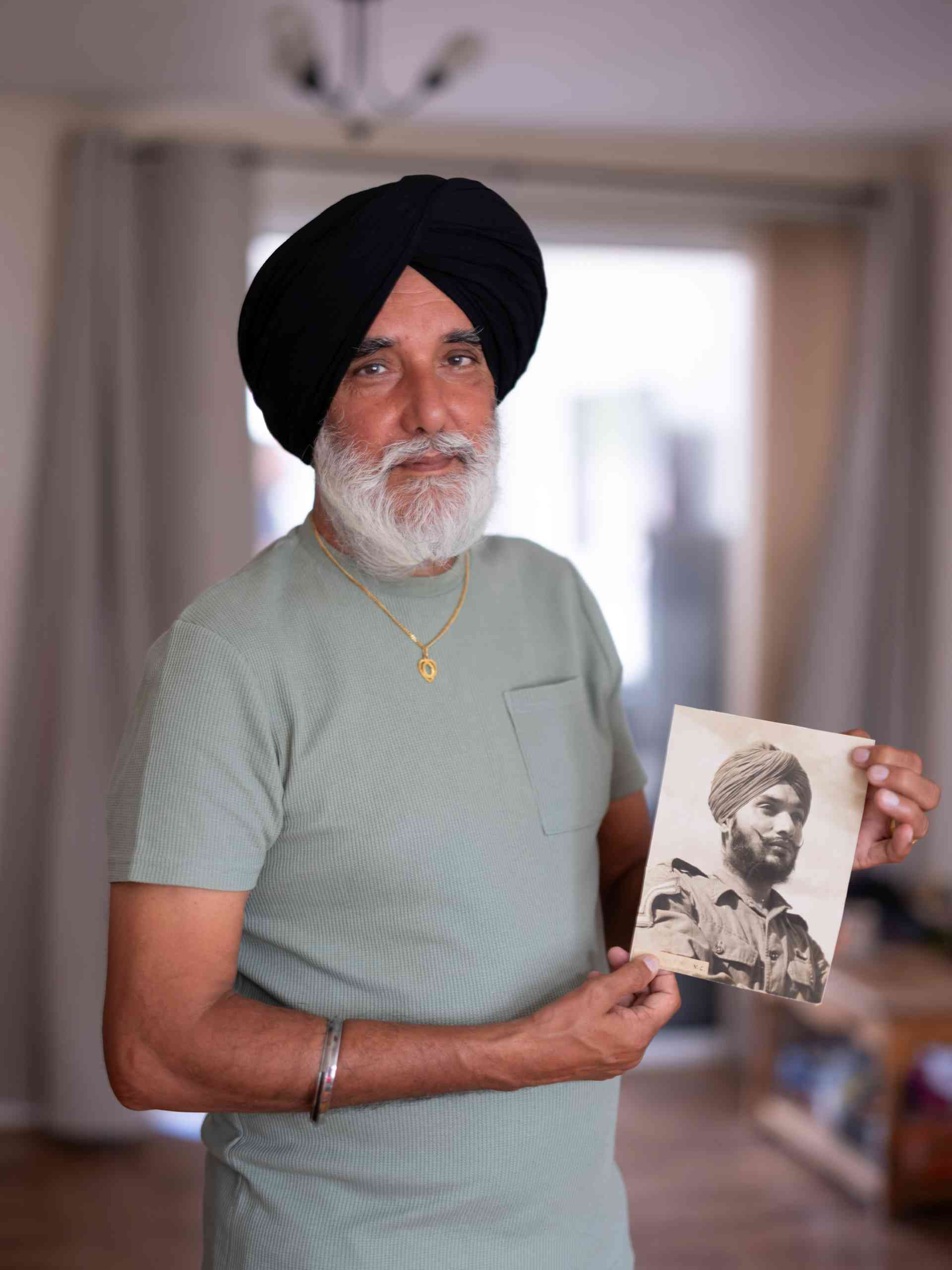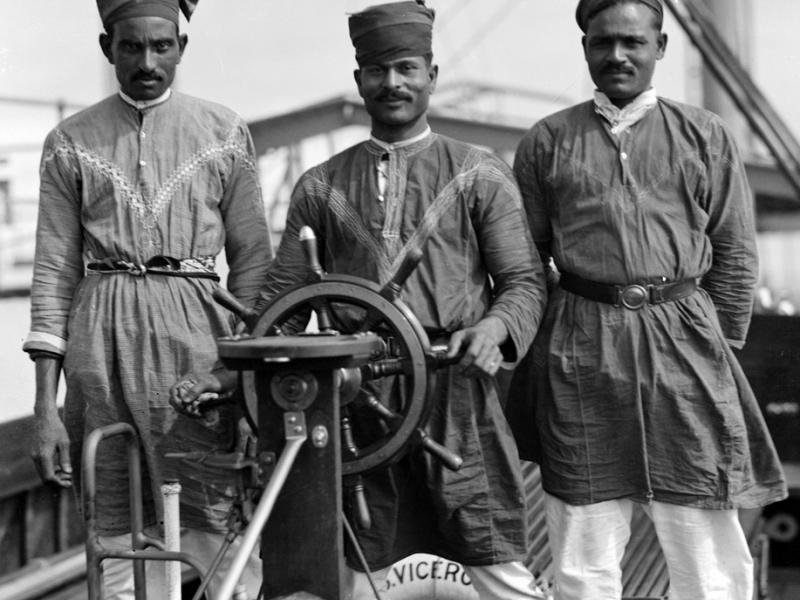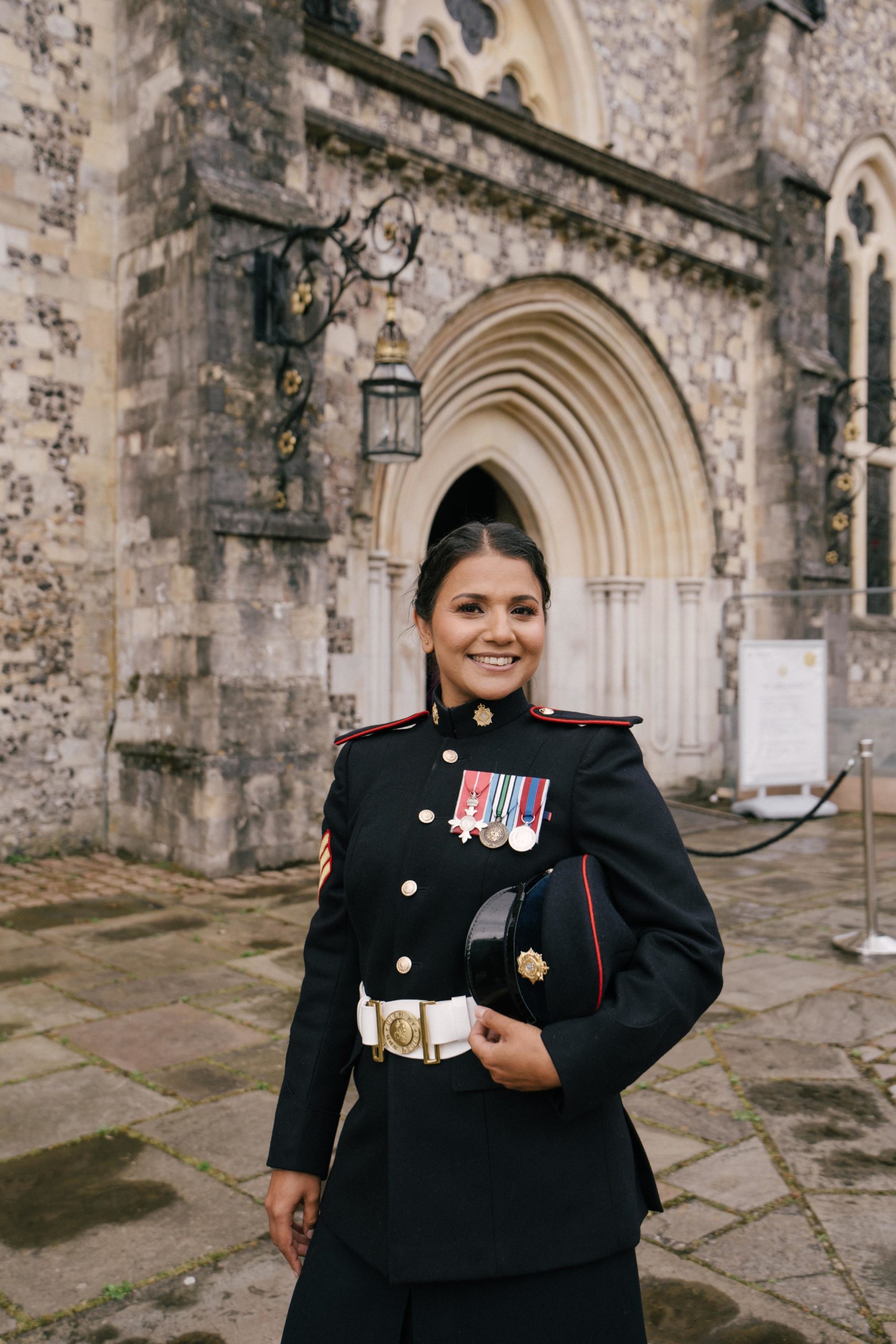Noor Inayat Khan was born on 1 January 1914 in Moscow to an Indian Sufi father, Hazrat Inayat Khan, and an American mother, Ora Ray Baker. Her father was a musician and Sufi teacher, deeply influencing Noor’s early life. The family moved to England and then to France in 1920, settling in Suresnes near Paris. Noor grew up in an environment rich in spiritual and artistic pursuits, studying child psychology and music. She showed a talent for the harp and piano and became a writer, publishing children’s stories and poetry.
The outbreak of the Second World War drastically altered Noor’s life. When France fell to the Nazis in 1940, she fled to England with her family. Motivated by a keen sense of duty and a desire to fight against tyranny, she joined the Women’s Auxiliary Air Force (WAAF) in November 1940, training as a radio operator.
In 1942, Noor was recruited by the Special Operations Executive (SOE), a British organisation that conducted espionage, sabotage, and reconnaissance in occupied Europe. Despite her gentle and spiritual upbringing, she proved to be a brave and resourceful agent. After rigorous training, she was sent to France in June 1943, becoming the first female radio operator to be infiltrated into occupied France.
Operating under the codename “Madeleine,” Noor joined the Prosper network in Paris, one of the most important SOE circuits. Her role was crucial; she maintained contact between the French Resistance and London, sending and receiving messages vital for the coordination of Allied operations.
However, the Prosper network was soon compromised, leading to the arrest of many of its members. Despite the danger, Noor refused to abandon her post, continuing to transmit messages for several months. Her persistence made her a primary target for the Gestapo.
Noor was betrayed by a Frenchwoman, allegedly Renée Garry, the sister of Henri Déricourt, an SOE double agent. She was captured by the Gestapo on 13 October. Despite being tortured, Noor revealed nothing, remaining resolute and defiant. After repeated attempts to escape, she was eventually transported to Germany in November 1943.
She was held in solitary confinement at Pforzheim Prison for ten months, shackled and subjected to severe mistreatment. Her spirit, however, remained unbroken. In September 1944, Noor was moved to the Dachau concentration camp along with three other female SOE agents.
On 13 September Noor was executed at Dachau. Her last word was “Liberté” (French for “freedom”). In 1946 she was posthumously awarded the French Croix de Guerre, and the George Cross in 1949, the highest civilian decoration in the UK.
Noor’s bravery and sacrifice has been commemorated in many ways including a memorial of a bronze bust, unveiled in 2012, in Gordon Square Gardens, London, the first memorial in Britain dedicated to an Asian woman. She is also commemorated on the Vera Atkins SOE Memorial at the National Memorial Arboretum.
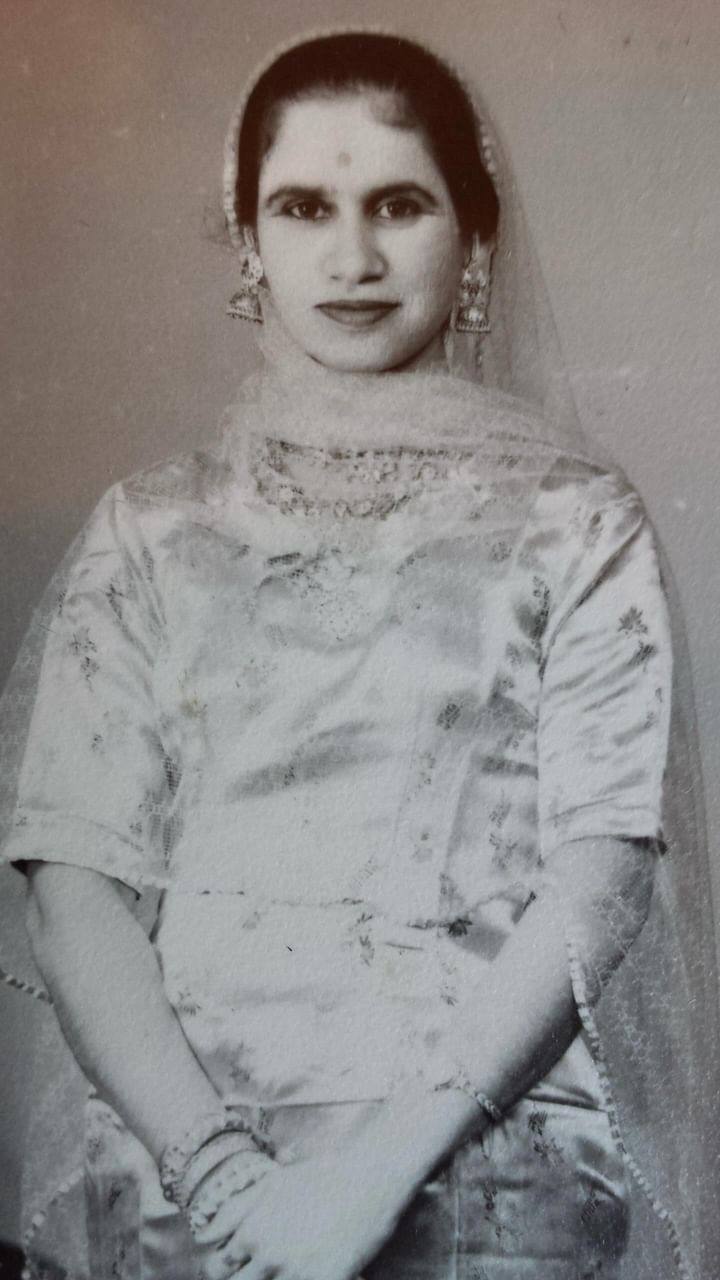
 South Asian Heritage Month dates changed to "July" from 2026 — Learn more here →
South Asian Heritage Month dates changed to "July" from 2026 — Learn more here →

